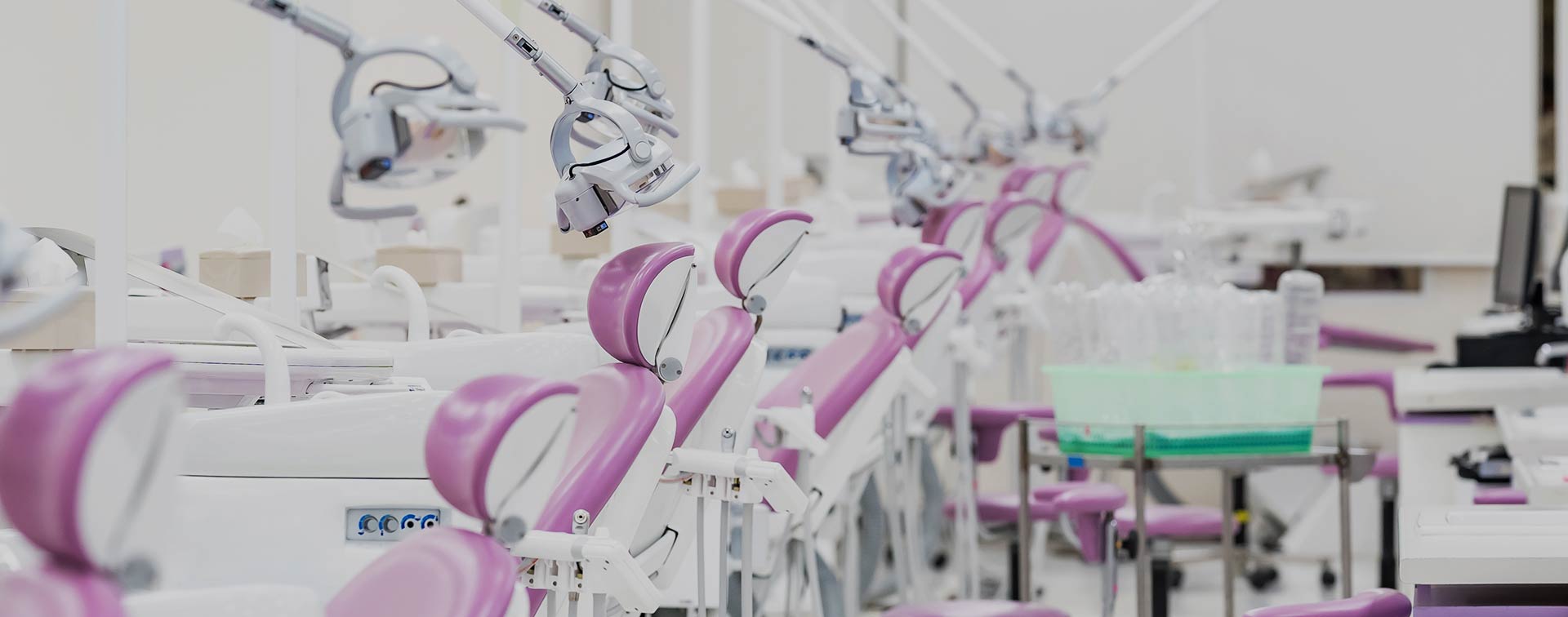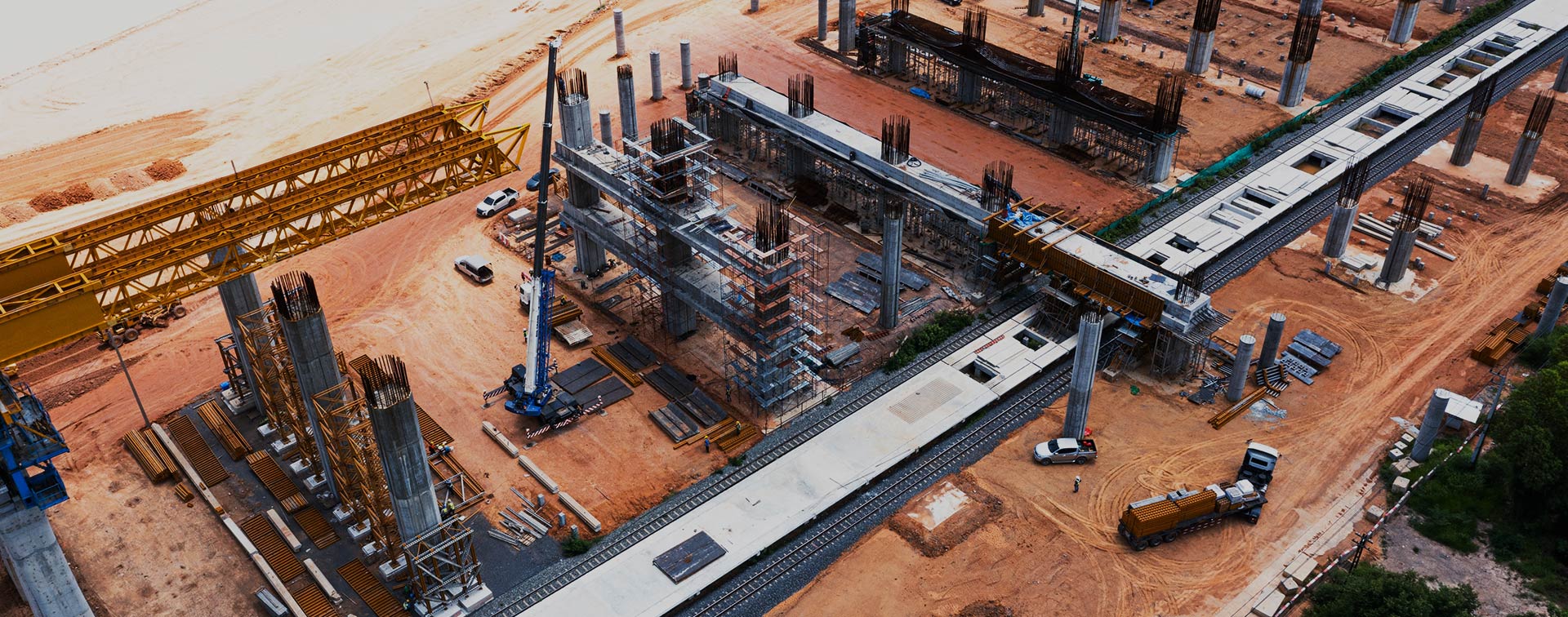Field service management is undergoing a profound transformation, fueled by rapid advancements such as artificial intelligence (AI), augmented reality (AR), the Internet of Things (IoT), and automation technologies.
New technologies and the benefits and questions that arise alongside them were on full display at the Field Services Management Expo in late August this year. Expo stands, and sessions were abuzz with talk of how new technologies can boost performance, including sessions on data-driven decision-making (from Ben Clark, Director Works & Engineering Services at Barossa Council) and predictive maintenance and AI (thanks to Anthony Price, National Operations Manager – Network Integrity & Facilities Management at Ventia).
The expo provided an invaluable opportunity to meet with people from across the industry to share wisdom, questions, problems, and solutions around the drive for technological innovation.
The cohesive challenge
Amid this innovation surge, a pivotal question arises: how can you ensure these technologies and devices work cohesively to deliver their full potential to your organisation? Or, to put it another way, how can you avoid the mess of a patchwork of solutions that sit in isolated silos and just don’t work together well? The benefits offered by today’s technology revolution are substantial – and so are the potential pitfalls.
The allure of adopting new technologies one by one can lead to an unintentional patchwork of incompatible tools, which may store different kinds of data in different ways or may not be able to communicate with each other. Such a fragmented approach can hinder efficiency, obscure the bigger picture, and limit the workforce’s ability to fully leverage the potential of these technologies. Customers nowadays expect cohesive service experiences reminiscent of the fluidity of the big omni-channel retail companies. Achieving this level of seamless integration for a service business requires deliberate planning and expertise.
The NetSuite + Next Service Solution
Consider setting up a smart home. Maybe you’ve heard this story before or experienced it yourself. There’s a smart washing machine, a smart TV, a smart fridge, a smart vacuum cleaner, and 17 light bulbs…each potentially with a different manufacturer and operating system. Managing all these devices by themselves could be a constant battle. Then, the Google Home app came along and solved this integration problem, bringing all these devices together in one control panel that is easy and simple to control. NetSuite + Next Service works the same way for the smart tools of your trade. Once everything is connected to this core system, all the devices can be operated from a single platform in real time and trigger alerts, jobs, and work orders. The best is that since all data collected from these devices is centralised, it can be instantly used for dashboards, reports and workflows.
NetSuite stands apart by offering a unified platform that seamlessly connects all areas of business operations, from inventory management to sales and finance. Unlike platforms centred solely around CRM or FSM, NetSuite is inherently equipped to accommodate the holistic demands of modern enterprises.
Next Service is a fully integrated field management solution designed for businesses in field service and construction industries that operates natively within NetSuite’s ecosystem. Unlike external apps that rely on complex integrations susceptible to miscommunications and breakdowns during system updates, Next Service works as an integral part of the NetSuite platform. Just turn it on, and it seamlessly becomes an intrinsic part of your workflow.
Klugo are experts in NetSuite, Next Service and field service, meaning they are ideally placed to guide businesses in this industry in adopting and implementing the latest technology solutions for operational efficiency and customer satisfaction.
:
The power of integrated field service
Consider the scenario of asset management, where IoT sensors provide real-time data on equipment performance. With Next Service seamlessly integrated into NetSuite, this data triggers a cascade of actions. The system identifies required parts, initiates orders, tracks warehousing progress, assigns technicians, schedules tasks, and even handles invoicing processes. This streamlined approach transforms complex operations into a turnkey solution.
One of the main benefits of integrating ERP with IoT is the ability to access real-time data. IoT devices collect vast amounts of data from various sources. When combined with a centralised platform, this data can be processed and analysed instantly, providing businesses with up-to-the-minute information on their operations.
Convergence of AI & AR
Integrating AI-backed tools and AR/VR technologies with NetSuite revolutionises field service management. Technicians armed with augmented reality glasses can access real-time information on equipment, providing live customer service remotely. Predictive maintenance, a hallmark of IoT, utilises AI and sensors to detect anomalies and predict equipment failures before they occur.
This convergence of technologies culminates in efficient service delivery and increased technician’s efficiency. The power of AI lies not just in automation but in its potential to drive efficiency while maintaining personalised experiences.
AI-driven algorithms can help to improve accounting efficiency and financial control, like NetSuite Cash 360, powered by ORACLE’s AI, to streamline cash management in NetSuite. Cash 360 provides real-time cash visibility and quick, accurate short-term forecasts. With a customisable dashboard showing key data, it simplifies cash flow management, aiding daily operations, employee payments, and investments. This automated feature enhances accuracy and efficiency in cash flow management.
Unlocking assistive technologies
“Assistive technologies” is an umbrella term for tools or devices designed to augment the capabilities of field service workers, helping them perform their jobs more efficiently and effectively. Tools such as smartphones and AR glasses enhance collaboration, real-time documentation, and customer payment processing. Companies are also exploring more futuristic technologies, such as augmented reality (AR) glasses that display helpful information about the equipment technicians are servicing.
Mobile technologies enable the integration of performance management tools into field service, tracking employee efficiency and process improvements. These tools, previously challenging due to fieldwork limitations, now facilitate metrics tracking, travel times, and service profitability, enhancing workplace operations.
The predictive maintenance revolution
Predictive maintenance, enabled by IoT sensors and predictive analytics, transforms traditional field service by allowing machines to signal when maintenance is needed, reducing downtime, lowering repair costs, and enhancing safety.
This approach utilises sensor data, which is analysed using machine learning and statistical techniques to identify potential issues before they become major problems. By collecting this data in an ERP system, maintenance teams can predict when equipment will likely fail and schedule a maintenance job before a breakdown occurs. This predictive maintenance is particularly valuable in field service, where machines are often in challenging environments.
Additionally, scheduling optimisation is becoming more efficient with the help of field management software like Next Service, which incorporates optimisation algorithms, enabling better productivity, reduced delays, and narrower service-delivery windows, provided comprehensive data and valid assumptions are available for optimal results.
Conclusion
The call is clear: if you’re considering investing in smart devices for your trade, ditch disjointed systems and embrace integrated solutions.
The rapid advancements in AI, AR, IoT, and automation are poised to revolutionise field service management, making it more efficient, profitable, and enjoyable. To fully harness the potential of these technologies, it’s crucial to avoid fragmented, incompatible tools and instead integrate them into a centralised control platform.
Together with NetSuite, Next Service offers a unified solution that seamlessly connects all aspects of your business operations, from inventory management to service management, procurement and finance. This core system, boosted by assistive technologies, can streamline processes, enhance productivity, and improve customer satisfaction.
To successfully leverage the power of NetSuite and the integration with transformative technologies, partnering with experts like Klugo, who understand the field service industry, is essential. Klugo bridges the varied latest technological innovations and business needs, providing a unified business solution.
In a rapidly evolving landscape, integrated solutions are not just advantageous—they are indispensable.


